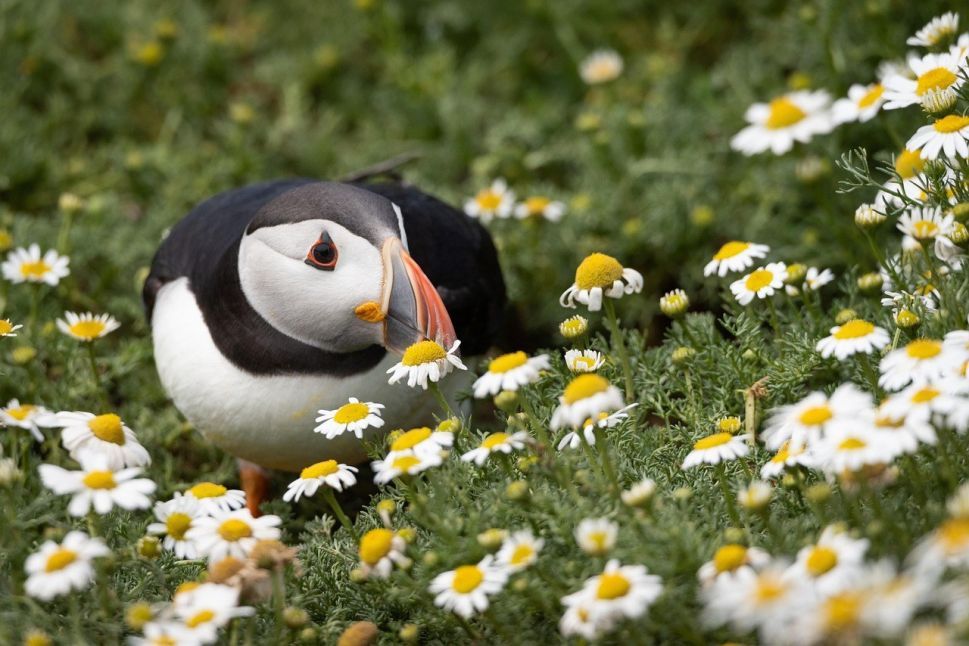View by category

Campaigners have been calling for the qualification for years but plan stalled despite a curriculum being drawn up.
Teenagers may be able to learn about the importance of newts, bats and jumping spiders after the government announced the introduction of a GCSE in natural history.
The qualification had been campaigned for by nature lovers for more than a decade, but despite a curriculum being drawn up, the measure had stalled.
Announcing the new GCSE in parliament, the education minister Catherine McKinnell said it would equip young people “to understand and respect the natural world and contribute to the protection and conservation of the environment locally, nationally and internationally”.
Mary Colwell, a naturalist and author who began campaigning for a natural history GCSE in 2011, said she was “delighted” Labour had committed to this “hugely good news”.
“Education is the most important thing we can do for the planet at the moment. To start to create a society that knows and understands the natural world is the biggest step forward we can take,” she said. “David Attenborough said we need to fall in love with the Earth again. This is one way of helping the next generation do that because it will show them the wonder of it.”
The government will consult on the GCSE’s subject content later this year. According to Colwell, the criteria drafted under the previous government would need to be revised to ensure the GCSE provided young people in England, Wales and Northern Ireland with fieldwork opportunities to learn about the wildlife in their local neighbourhoods.
Dr Doug Gurr, the director of the Natural History Museum, said: “We fully support embedding climate and nature in the curriculum, ensuring all young people have the opportunity to deepen their knowledge of the natural world around them. The natural history GCSE is a step toward achieving this, and Natural History Museum scientists have been providing scientific advice to the Department for Education on its subject content.”
The former Green party MP Caroline Lucas, who also campaigned for the qualification, said she was “delighted”. She added: “What’s vital now is that the subject criteria are fit for purpose, and that young people are enabled to engage with their local wildlife and habitats, and to connect those to the wider environment.
“I hope that the arts will also form an essential component of the qualification. We need to do everything possible to make sure the GCSE hits home and fulfils its true potential.”

Cumbria Chamber of Commerce are working with Skills England and local authorities to improve our understanding of how skills, training and recruitment is affecting employers. This is your chance to have your say and shape the future. It would be greatly appreciated if you could take a short amount…
University of Cumbria has partnered with the World Food Prize Foundation to become the first UK university to offer the Global Challenge youth programme, including hosting the UK Youth Institute in April 2026. The Global Challenge is an international, self-led development programme for young…
LANSS were delighted to attend this event alongside other employers, educators and local leaders from across Cumbria. The aim of the event was to explore how the region can better unite to support young people to understand and build skills essential for their future, ensuring consistency across…
LANSS was proud to be part of a Skills Fair recently held in Barrow Town Hall. There were 45 organisations represented and as well as jobseekers in attendance, several schools from the local community visited throughout the day so that their students could discover possible career options for the…